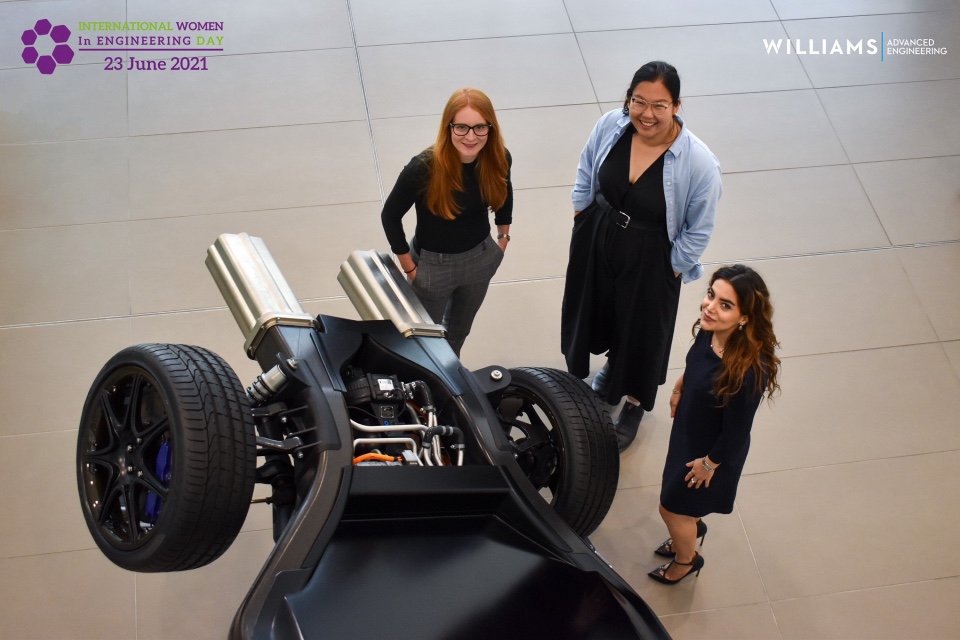Norway leading the way on renewable and UK slips behind
https://energymanagementsummit.co.uk/wp-content/uploads/2021/08/energy-usage.jpg 960 640 Stuart O'Brien Stuart O'Brien https://secure.gravatar.com/avatar/81af0597d5c9bfe2231f1397b411745a?s=96&d=mm&r=g|
Rank |
Country |
Total energy supply (ktoe) |
Renewable energy supply (ktoe) |
Renewable energy as % of total supply |
|
1 |
Norway |
23,753 |
13,308 |
56% |
|
2 |
Brazil |
289,130 |
133,460 |
46% |
|
3 |
New Zealand |
20,589 |
8,641 |
42% |
|
4 |
Sweden |
49,204 |
20,115 |
41% |
|
4 |
Denmark |
16,011 |
6,529 |
41% |
|
5 |
Finland |
32,031 |
11,866 |
37% |
|
20 |
UK |
169,543 |
22,842 |
13% |
Norway uses the biggest share of renewable energy in the world, making up 56% of its total energy supply. It also utilises hydropower more than any other country as that accounts for 45% of its supply alone. The country is known for being experts in the field of hydroelectricity with many steep valleys and rivers, as well as increased rainfall due to climate change, meaning hydroelectricity is a fruitful opportunity.
With the second highest supply of renewable energy, Brazil is also the leader in biofuel and waste energy, which accounts for 32% of its total energy supply. Brazil is the second-largest producer of ethanol fuel and is an industry leader, with its sugarcane-based ethanol being touted as the most successful alternative fuel to date, based on advanced agri-industrial technology.
Renewable energy sources in total account for 42% of New Zealand’s energy supply. It is also the world leader in wind and solar energy which makes up 25% of New Zealand’s energy supply. Situated in the path of the ‘Roaring Forties’, a set of strong and constant westerly winds, the nation is perfectly positioned for wind power and enjoys plenty of sunshine for solar energy too, as well as having an increasing market for solar hot water heating systems.
|
Rank |
Country |
Total energy supply (ktoe) |
Fossil fuel energy supply (ktoe) |
Fossil fuels as % of total supply |
|
1 |
Singapore |
37,752 |
37,062 |
98% |
|
2 |
Australia |
132,431 |
122,927 |
93% |
|
3 |
South Africa |
134,645 |
122,398 |
91% |
|
4 |
Luxembourg |
3,453 |
3,122 |
90% |
|
4 |
Netherlands |
70,715 |
63,733 |
90% |
|
4 |
Morocco |
20,295 |
18,260 |
90% |
|
5 |
Mexico |
184,021 |
164,657 |
89% |
| 18 | UK |
169,543
|
132,062
|
78%
|
Singapore relies on fossil fuels more than any other country, with 98% of its total energy supply coming from traditional fuel sources. It uses the highest proportion of oil in the world relative to total energy supply, as oil makes up 73% of Singapore’s supply. It is home to major oil companies such as Exxon Mobil, due to its ideal trading location and perceived safe environment.
Australia follows closely behind as the second most reliant on fossil fuels as this makes up 93% of its total energy supply. It is relatively evenly split between coal, oil and natural gas as each accounts for 31%, 33% and 29% of the total energy supply respectively.
While being the third most reliant on fossil fuels, South Africa also uses the highest proportion of coal in the world standing at 73% of its total supply. This is largely because coal is one of the most affordable fuel sources, but also due to a lack of real alternatives in the country too.
The Netherlands ranks joint fourth overall and also has the highest supply of natural gas than any other country, standing at 45% of its total energy supply. Fifty percent of this comes from the Groningen gas field, the largest gas field in Europe, however, the Dutch government has committed to stop regular production from the Groningen field by 2022.
The top 5 countries with the highest share of nuclear energy
|
Rank |
Country |
Total energy supply (ktoe) |
Nuclear energy supply (ktoe) |
Nuclear energy as % of total supply |
|
1 |
France |
246,349 |
103,966 |
42% |
|
2 |
Sweden |
49,204 |
17,349 |
35% |
|
3 |
Switzerland |
24,884 |
6,916 |
28% |
|
4 |
Slovakia |
16,318 |
4,110 |
25% |
|
5 |
Belgium |
55,162 |
11,341 |
21% |
| 12 | UK |
169,543
|
14,639
|
9% |
France is the leading country when it comes to nuclear energy, making up 42% of its energy supply, with 56 operational nuclear reactors producing 103,966 ktoe – the second largest amount produced, just behind the USA which produces 219,737 kote of nuclear energy which equates to 10% of its energy share.









